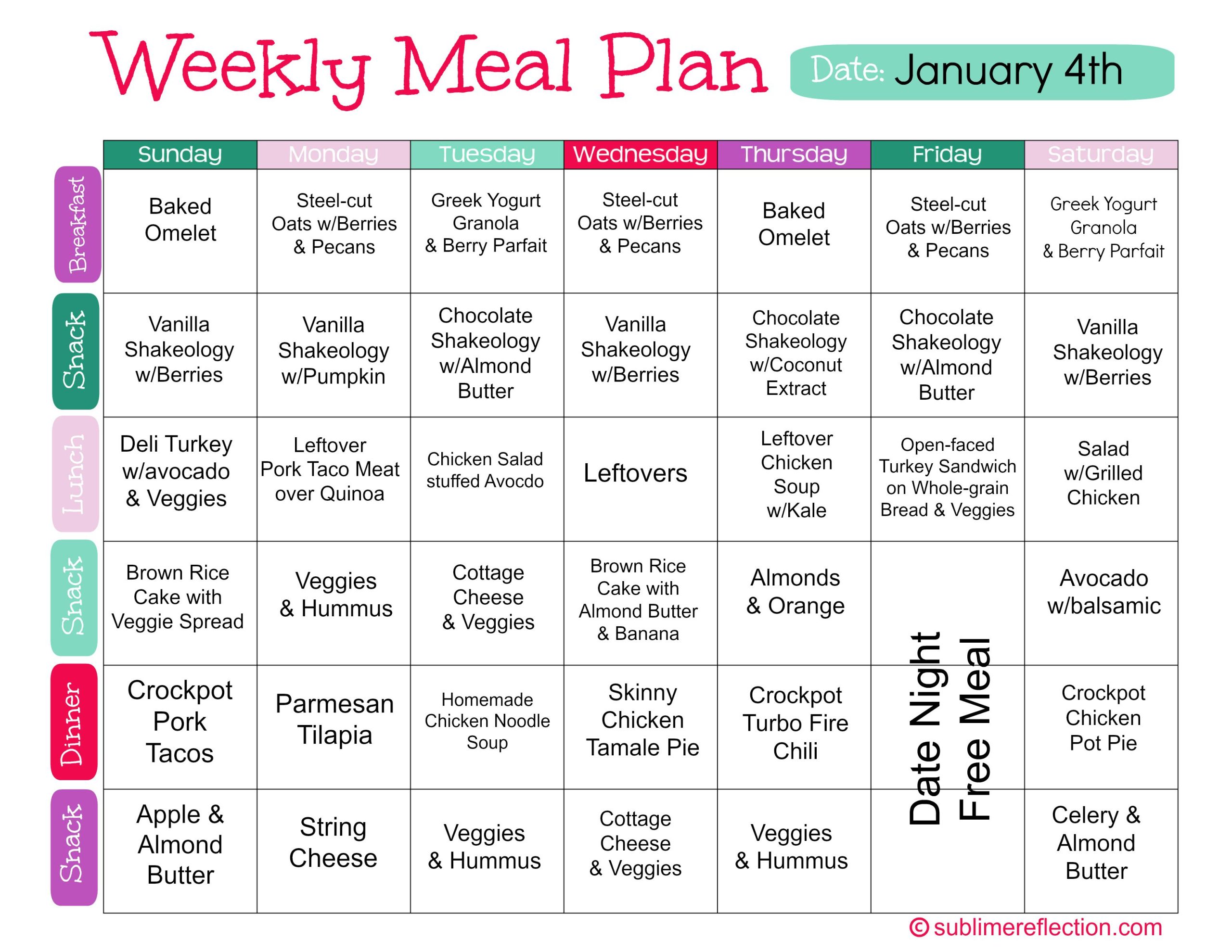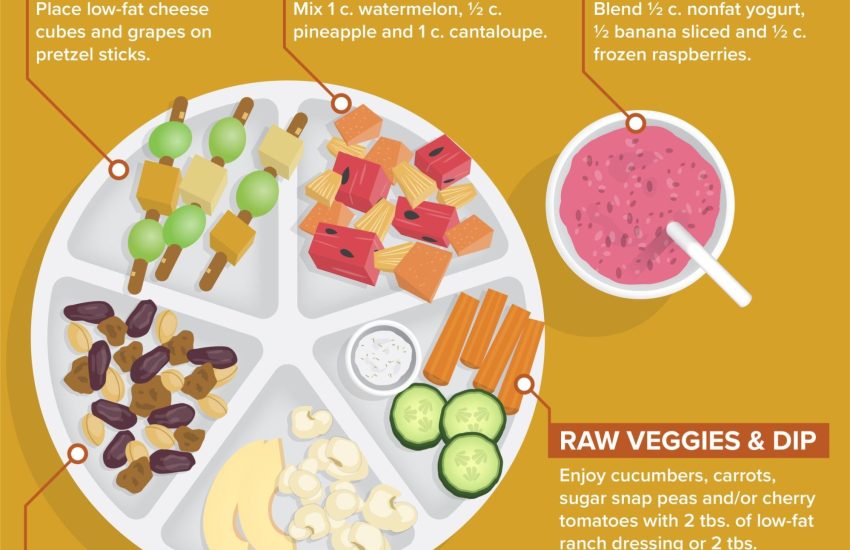Meal Planning for Weight Management
Meal planning is an important aspect of managing your weight and achieving your health goals. By properly planning your meals, you can control portion sizes, make healthier food choices, and ensure a well-balanced diet.
Benefits of Meal Planning
There are several benefits to meal planning when it comes to weight management:
Portion Control: Planning your meals in advance allows you to determine the appropriate portion sizes, which can help prevent overeating.
Healthier Choices: By planning meals, you have the opportunity to choose nutrient-dense foods that support your weight loss goals.
Time-Saving: Meal planning can save time in the long run as you can prepare multiple meals ahead of time, reducing the need for last-minute unhealthy food choices.
Budget-Friendly: By planning your meals, you can create a shopping list and stick to it, avoiding impulse purchases and saving money.
Steps for Successful Meal Planning
Follow these steps to ensure successful meal planning for weight management:
1. Set Your Goals
Before you start planning your meals, it’s important to determine your weight loss or weight management goals. This will help you tailor your meals and portion sizes accordingly.
2. Create a Weekly Meal Plan
Start by creating a weekly meal plan that incorporates all the essential macronutrients – proteins, carbohydrates, and healthy fats. Ensure that your plan includes a variety of fruits, vegetables, whole grains, lean proteins, and healthy snacks.
3. Schedule Meal Prep Days
Designate specific days in your week for meal prepping. This involves preparing and portioning out your meals in advance, making it easier to stick to your planned meals and avoid unhealthy cravings.
4. Make a Shopping List
Using your weekly meal plan, make a shopping list of all the ingredients you will need. This helps you avoid impulse purchases and ensures you have all the necessary items to prepare your planned meals.
5. Shop Smart
When grocery shopping, focus on buying fresh, whole foods. Stick to the perimeter of the store where you will find fruits, vegetables, lean meats, and dairy products. Avoid processed, high-sugar, and high-fat foods that can derail your weight management efforts.
6. Prep and Store
On your designated meal prep days, spend time preparing your meals in advance. Cook and portion out your proteins, chop vegetables, and package snacks in appropriate serving sizes. Store these items in the refrigerator or freezer for quick and easy access throughout the week.
7. Adjust as Needed
Monitor your progress and adjust your meal plan as needed. If you find yourself getting bored with certain meals, explore new recipes and try different flavors to keep your meals exciting and enjoyable.
Tips for Successful Weight Management
In addition to meal planning, here are some tips for successful weight management:
1. Stay Hydrated
Drink plenty of water throughout the day to stay hydrated, curb hunger, and support your body’s functions.
2. Practice Portion Control
Even with meal planning, it’s essential to practice portion control. Use smaller plates and bowls to help control portion sizes and be mindful of your hunger and fullness cues.
3. Incorporate Regular Physical Activity
Combine meal planning with regular physical activity to maximize your weight management efforts. Aim for at least 150 minutes of moderate-intensity exercise each week.
4. Get Enough Sleep
Ensure you are getting enough quality sleep each night. Lack of sleep can impact hunger and fullness hormones, leading to poor food choices and weight gain.
5. Seek Professional Guidance
If you are struggling with meal planning or weight management, consider seeking guidance from a registered dietitian or nutritionist. They can provide personalized recommendations and support you in achieving your goals.
Conclusion
Meal planning is a valuable tool for weight management and overall health. By taking the time to plan and prepare your meals in advance, you can make healthier choices, control portion sizes, save time and money, and achieve your weight loss goals. Combine meal planning with other healthy lifestyle habits for optimal results.


